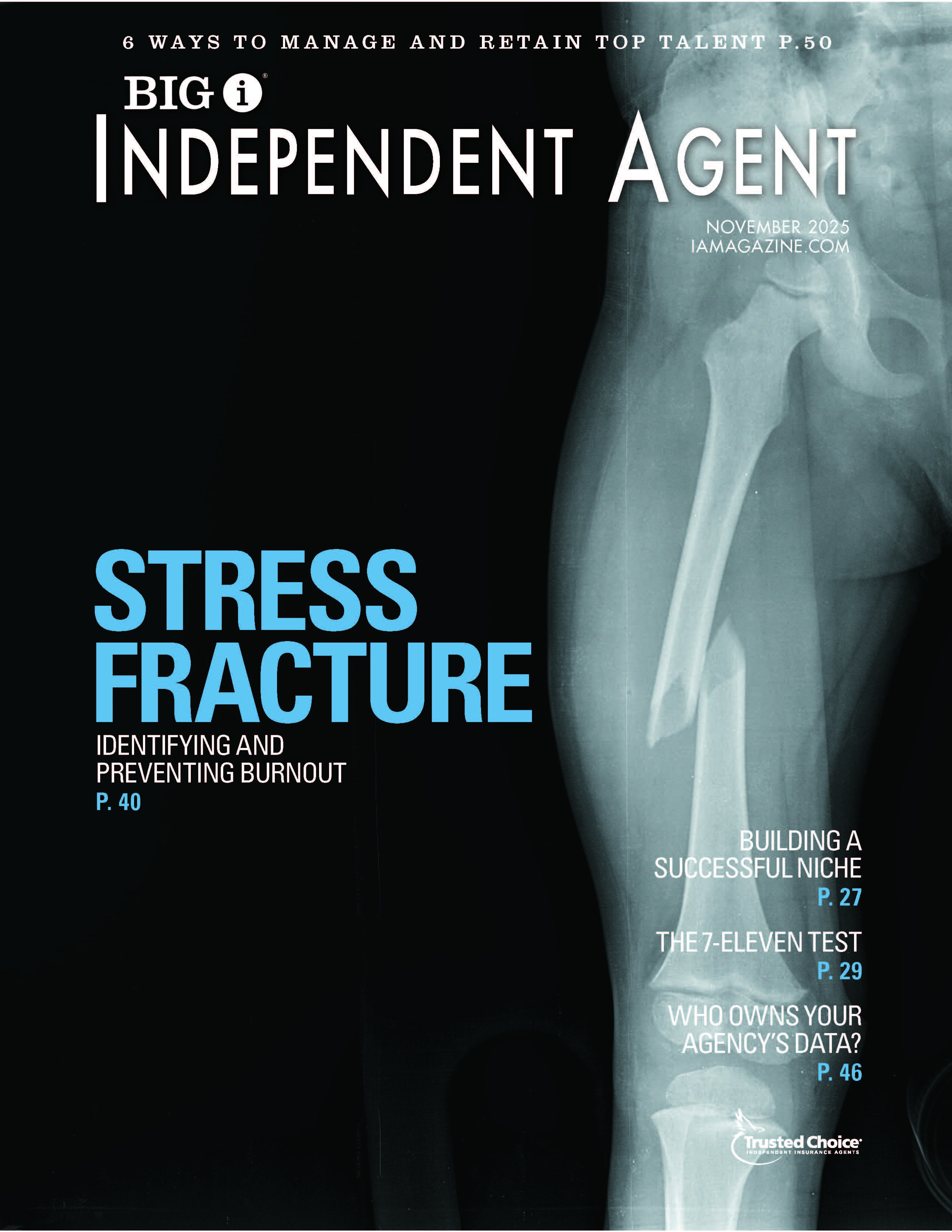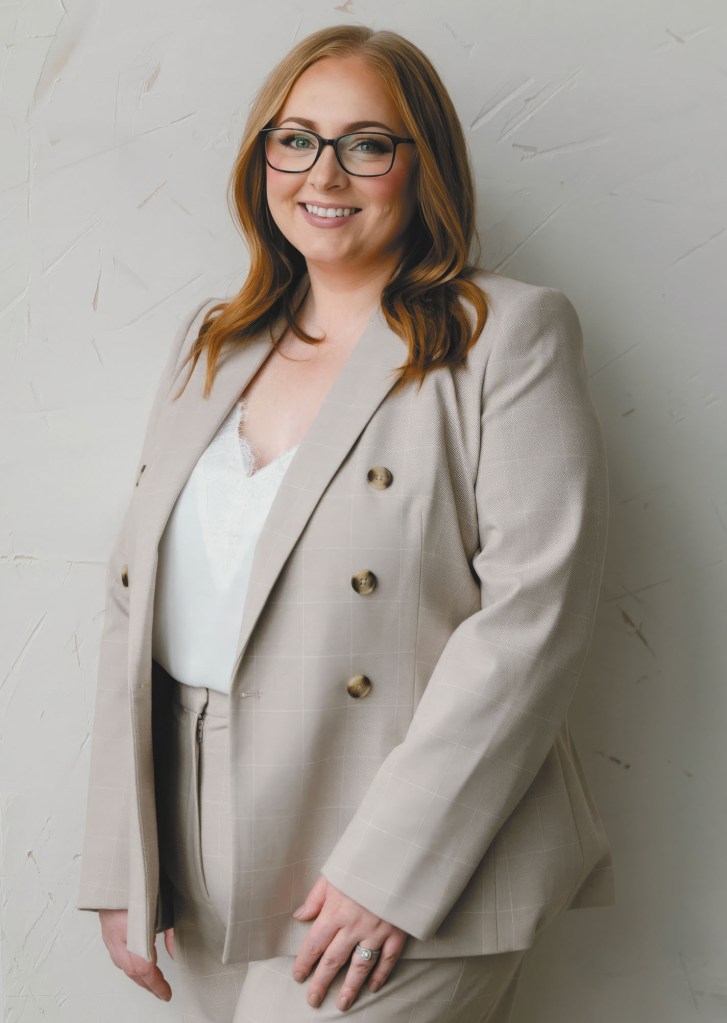Leased Property Claims, School Events and Kids in Your Care
By: Bill Wilson
| How to Value Leased Property Claims A restaurant was insured on an ISO BOP form and the insured leased a large amount of the restaurant equipment. The lease required the insured to “replace” damaged property, though ownership remains with the lessor until the end of the lease when a buy-out clause can be invoked. The agent did not know the property was leased and did not identify the lessor’s interest on the policy. Following a loss, the adjuster wanted to value the leased equipment at ACV, as that is the valuation method specified by the policy for leased equipment. The insured claimed that the lease was actually a “conditional sale.” The insured’s accountant says the IRS required him to treat the lease as a “capital lease” because ownership of the equipment transfers at the end of the lease and thus the IRS views it as a purchase. The insured, claiming ownership, wants a replacement cost loss adjustment rather than ACV. First of all, it doesn’t necessarily matter how the IRS treats this—lease or conditional sale. The important thing is how the insurance contract reads and the fact that the insured does not yet “own” the property. The “solution” would be the CP 14 60 endorsement. However, since this was written on a BOP, it’s not available (which might indicate that perhaps a CPP would be more appropriate than a BOP, at least for this specific exposure). Also discussed in the full article is how this situation is treated by the latest ISO forms. To read the complete analysis, go to the Big “I” Virtual University. Transporting Kids to School Events As a parent, do you ever transport high school (or other) kids to athletic or other school events? Do you insure any parents, coaches or others who transport kids to games, practices or camps? Do you or they use your own vehicle or a nonowned vehicle, from private passenger auto to van? Think you have a liability exposure? Think you have coverage under a PAP? One VU faculty’s son played on his high school’s golf, baseball and basketball teams. He was also in the band, several clubs and attended a variety of math and other academic competitions. During that time, his father hauled him and teammates to and from golf, baseball and basketball practices and games, as well as numerous off-campus events, as had many other parents and faculty. Sound familiar? Although he attended a public school, it’s unique in that, while being an academic magnet school, all students from seventh grade on must participate on at least one athletic team. As a result, there is a need to provide transportation during and after school for hundreds of students throughout the year. If you don’t think the risk is significant, check out this report. If one of us has an accident, will our PAPs respond to the claim? What if parents drive rented vans—any PAP coverage? The biggest exposure for parents and student drivers transporting students is the adequacy of limits. For faculty members, since this involves a work (i.e., “business”) activity, coverage concerns are greater, particularly when operating nonowned autos. For a VU faculty discussion of these issues, visit the VU. Insuring Kids in Your Care A foreign exchange student was killed while riding the ATV of the family she was staying with. Following the media reports, the VU received several “Ask an Expert” inquiries as to homeowners coverage. The commentary on this potential claim may be appropriate in any situation where a non-family member or resident is in the care of an insured. Given that school is now in session, the number of exchange students will peak. From an HO coverage standpoint, one of the VU faculty members opines on the current ISO HO-3: “There is no Med Pay for anyone residing on the premises. There is no liability coverage for BI to an ‘insured.’ The definition of an ‘insured’ includes anyone under the age of 21 in the care of someone who is an ‘insured.’ I doubt that there is coverage…exchange students are probably one of the most common examples of this HO policy provision by insurance instructors. Your best bet is to hinge your claim for coverage on the exchange student being a guest and not a resident.” Do you agree? For opposing viewpoints, go to the VU. Bill Wilson (bill.wilson@iiaba.net) is director of the Big “I” Virtual University, an online learning center for agents and brokers. Follow the Virtual University on Twitter at Twitter.com/BigIVU. |










